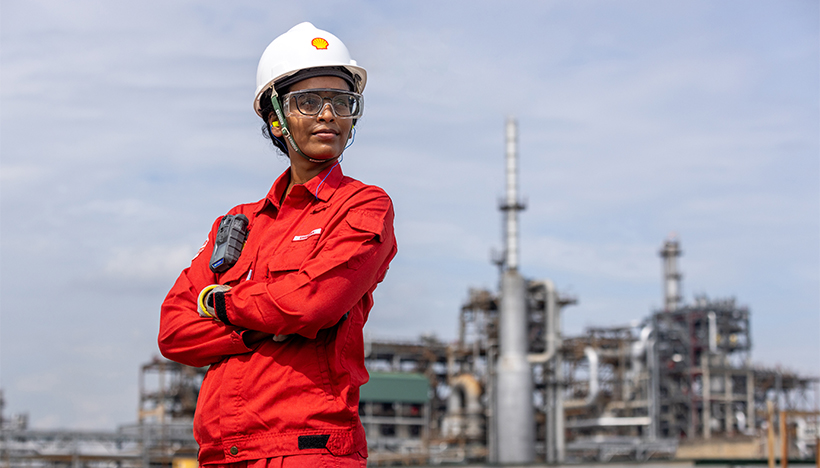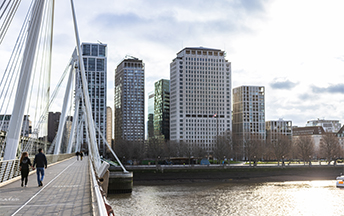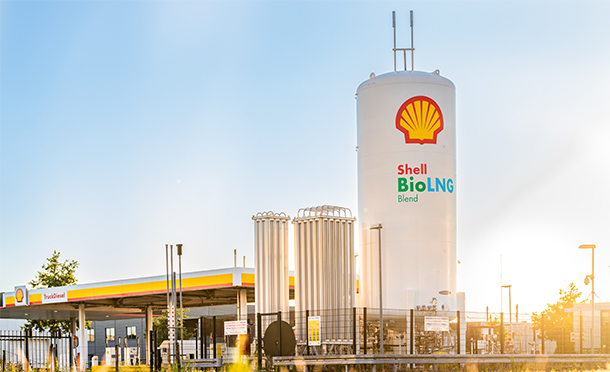Carbon pricing
Carbon pricing, whereby a cost is applied to carbon emissions to discourage their release, is one of the tools that governments can use to reduce global warming. Shell has long been a supporter of governments using carbon pricing as a way to tackle climate change.
We believe carbon pricing should apply to as many sectors as possible and that its implementation should increase over time. Shell advocates carbon pricing through various industry bodies.
There are two main types of carbon-pricing policies that governments implement to create an economic incentive to control emissions without limiting the goods and services that hydrocarbons can deliver.
The first option is for governments to tax emissions which directly establishes a price for emitting carbon dioxide. This tax can be offset by reduction in other taxes, which is what has been implemented in British Columbia, Canada.
The alternative is to cap emissions and then allow a price to develop through the trading of allowances between emitters. This is the route adopted in Europe through the Emissions Trading System (ETS).
Shell prefers a direct price on carbon. However, we also support policies that put an indirect price on carbon through, for example, mandates or performance standards.
In 2019, Singapore introduced a carbon tax as part of the government’s strategy to reduce emissions and transition to an energy-efficient, low-carbon economy. Singapore’s carbon tax applies to any industrial facility in any sector that emits direct greenhouse gas emissions equivalent to or more than 25,000 tonnes of CO2 each year (tCO2e). The carbon tax rate in Singapore will be applied at S$5/tCO2e until 2023.
In 2022, Singapore announced it would accelerate its climate ambition to achieve net-zero emissions by or around 2050. To achieve this, the government plans to raise the carbon tax rate to S$25/tCO2e for 2024-2025, to S$45/tCO2e for 2026-2027 and to S$50-80/tCO2e by 2030.
The carbon tax significantly impacts Shell’s refinery business in Singapore. In 2021, we paid carbon tax of more than S$25 million.










